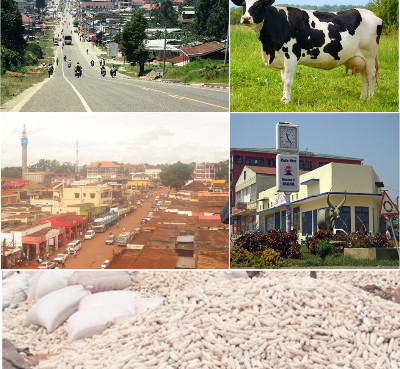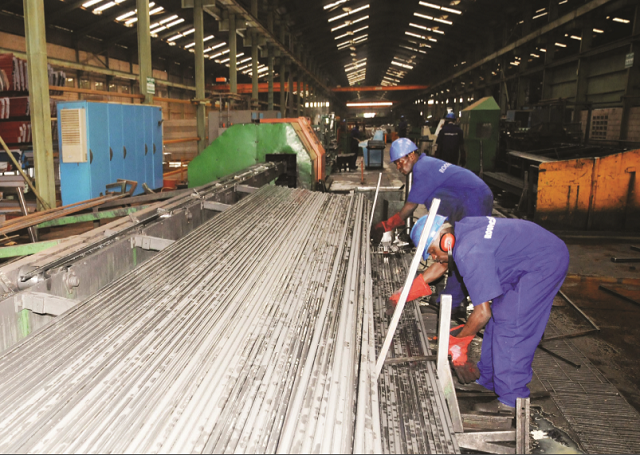As governments across the globe continued responding to COVID-19’s devastation, the mobile sector is playing a crucial role in supporting efforts tackling the pandemic and enhancing health services response to it, according to a newly released report from GSMA.
While the report found that the pandemic has upended people’s lives, health and business sectors, people were using technological innovation to adapt to new ways of life during these uncertain times. “In this unprecedented situation, people are quickly adapting to innovative ways of connecting and doing business empowered by connectivity, and digital transformation is no longer just a question but an action for many industries,” the report said.
Mobile operators have played key parts in efforts to respond to the pandemic especially in ensuring smooth communication during health emergencies and improving the coverage of 4G/5G networks in China. The report mentioned that during the construction of two new hospitals in China to treat COVID-19 patients, mobile operators including China Telecom and China Mobile working with Huawei successfully deployed 4G/5G communication networks which resulted in adequate mobile coverage in the hospitals.
The deployment of 4G/5G networks also assisted with remote consultation and telemedicine. Mobile operators were able to construct up to eight 4G/5G network sites in less than 30 hours following the construction of the hospitals. “The high-quality 4G/5G networks have ensured smooth and uninterrupted communication services in China and provided strong support for the mission-critical response efforts in China during COVID-19 pandemic.”
In African countries like Uganda, Nigeria and South Africa, information and communication technologies have been at the forefront of ensuring that social and physical distancing measures are observed. South Africa’s health minister Dr Zweli Mkhize recently spoke about the importance of technological innovation in tackling the virus while receiving Huawei Cloud, Artificial Intelligence (AI) diagnostic systems and four thermal scanning systems.
This Al-empowered diagnosis tool assists medical worker to ascertain if someone has COVID – 19. The accuracy for this tool is over 98 percent with CT scan review times reduced by over 80%.
Ghana also found ICTs as powerful weaponin the fight against COVID-19. Vice President, Dr Mahamudu Bawumia this month launched an app designed to help in tracing people who have come into contact with COVID-19 positive individuals and link them to health professionals for urgent action to be taken.
The pandemic has changed fundamentally the way people communicate, work, shop, learn, and entertain, as life moves from offline to online. In this unprecedented situation, people are quickly adapting to innovative ways of connecting and doing business empowered by connectivity. Thus, the report says, the digital transformation is no longer just a question but an action for many industries.
Growth in Sub-Saharan Africa has been significantly impacted by the ongoing coronavirus outbreak, according to World Bank. However, as combinations of ICTs and health, education and other services has gradually become a new norm, how to facilitate more effective use of these technologies in response to the COVID-19 pandemic can actually decide how strong Africa is going to return to its growth trajectory by adopting new business models and methodologies the emerged from this outbreak.





